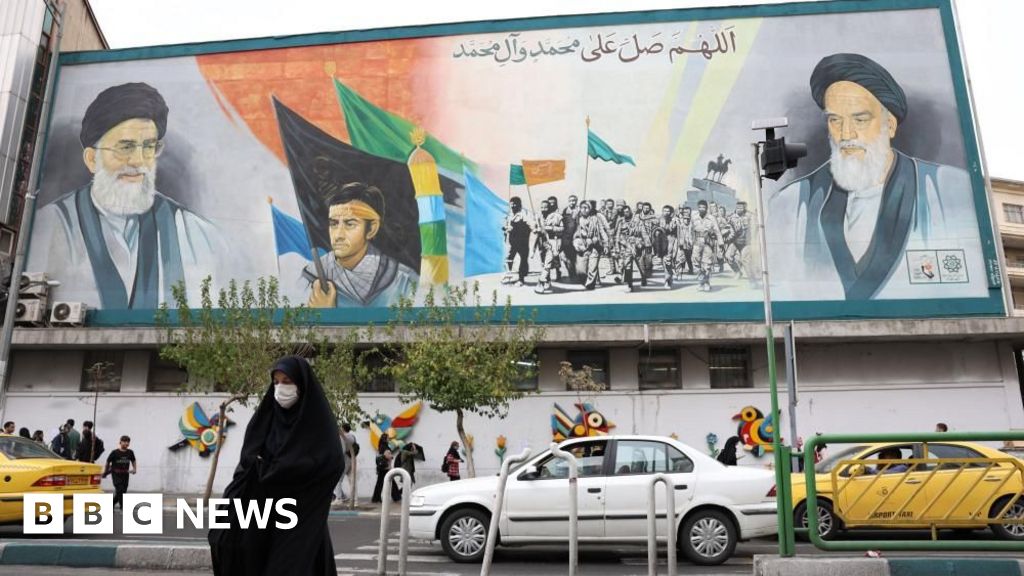EPAIsrael’s attack on Iran has intensified the conflict in the Middle East, with Iran’s supreme leader, Ayatollah Ali Khamenei, and his advisers facing tough decisions on how to respond. They must choose between retaliating with more ballistic missiles, as threatened by Israel, or opting to end the cycle of direct strikes on their territories. Iran risks appearing weak and intimidated if it does not retaliate, but also faces the possibility of further escalation if it does. Ultimately, the decision will be based on what is deemed least harmful to the survival of Iran’s Islamic regime.
Iran’s official media has issued defiant statements suggesting a response to Israel’s attacks, but there is hope that Iran may reconsider its threats. British Prime Minister Sir Keir Starmer has called for restraint and urged Iran not to respond. Despite Iran’s consistent warnings against aggression, the recent escalation has raised concerns about the potential for a full-scale war.
Israel has been escalating the conflict since the spring, targeting Iran and its allies. The recent strikes on Iran have further strained tensions in the region, leading to fears of a wider conflict. The involvement of other countries, such as the US, UK, France, and Jordan, has complicated the situation and raised the stakes for both sides.
The ongoing conflict between Israel and Iran, along with their respective allies, has created a volatile situation with the potential for further escalation. The upcoming American elections will also play a role in determining the course of action for both countries. The key now is to prevent a spiral of escalation and find a way to de-escalate the conflict before it gets out of control.

